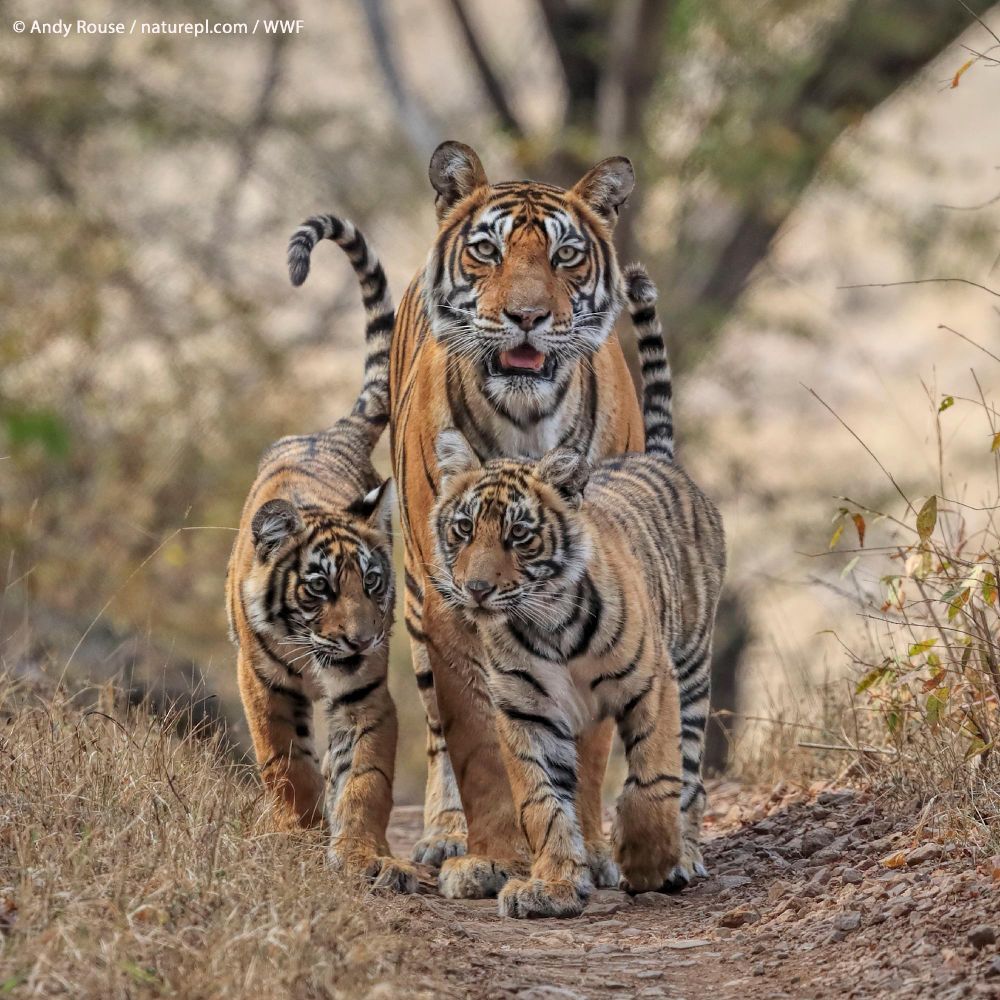World Wildlife Fund
@worldwildlife.org
3.1K followers
3 following
130 posts
Nature gives us so much. Now is the time to give back. Nature Needs Us Now. WWF-US
Posts
Media
Videos
Starter Packs
Pinned



































